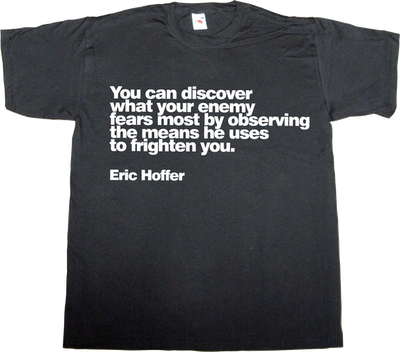Remember that feeling of invincibility, of being able to conquer anything? That's the energy that practically vibrated off of anyone wearing a No Fear t-shirt back in the 90s. Those bold graphics and even bolder slogans were more than just fashion; they were a statement, a rallying cry for a generation embracing extreme sports and pushing their limits.
For those of us who grew up during that time, spotting the iconic No Fear logo—often splashed across motocross gear, surfboards, or those ubiquitous t-shirts—brought a rush of adrenaline. It was a symbol of daring to be different, of embracing a life less ordinary. But like many trends, the overwhelming popularity of No Fear eventually faded, leaving many to wonder: where did it all go?
Before we dive into the rise and fall of the brand, it's important to remember the cultural landscape from which it emerged. The 1990s were a time of significant change and upheaval. The Berlin Wall had fallen, grunge music was taking over the airwaves, and a new wave of extreme sports athletes were captivating the world with their death-defying stunts. This cultural shift created a yearning for something different, something that spoke to the desire for adventure and self-expression.
No Fear, with its in-your-face branding and association with extreme sports, perfectly captured this zeitgeist. Founded in 1989, the company initially focused on motocross gear. However, it was their expansion into clothing, particularly t-shirts, that catapulted them into the mainstream. The shirts, often featuring bold graphics and slogans like "Fear is a Liar" and "Second Place is the First Loser," resonated with a generation hungry for self-belief and pushing boundaries.
The brand's success went beyond just clothing. No Fear became synonymous with a lifestyle, a mindset. They sponsored athletes, produced video games, and even had their energy drink. Their marketing was brilliant, tapping into the burgeoning world of extreme sports and the desire for individual expression. But as quickly as No Fear rose to prominence, it also experienced a decline. By the early 2000s, the brand's popularity began to wane. Over-saturation in the market, combined with changing fashion trends and internal business challenges, led to a decrease in sales. While No Fear still exists today, it's a shadow of its former self, a nostalgic reminder of a bygone era.
Advantages and Disadvantages of No Fear Gear T-Shirts
| Advantages | Disadvantages |
|---|---|
| Nostalgic value and retro appeal | Limited availability of original pieces |
| Bold and eye-catching designs | Potential for being perceived as dated |
| Can still convey a message of confidence and self-belief | May not resonate with younger generations |
Despite its decline, No Fear's impact on popular culture is undeniable. The brand's legacy extends beyond its clothing, serving as a reminder of a time when pushing boundaries and embracing fearlessness were celebrated. And while you might not see as many No Fear t-shirts around today, the spirit of the brand—that message of self-belief and conquering challenges—still resonates. It's a reminder that even though trends come and go, the desire to live life to the fullest never goes out of style.
Shenzhen ultra easy technology decoding the mystery
Unleash your story a guide to skin ink tattoo studios
Usf fall semester start date your guide
no fear gear t shirts - Khao Tick On
no fear gear t shirts - Khao Tick On
no fear gear t shirts - Khao Tick On
no fear gear t shirts - Khao Tick On
no fear gear t shirts - Khao Tick On
no fear gear t shirts - Khao Tick On
no fear gear t shirts - Khao Tick On
no fear gear t shirts - Khao Tick On
no fear gear t shirts - Khao Tick On
no fear gear t shirts - Khao Tick On
no fear gear t shirts - Khao Tick On
no fear gear t shirts - Khao Tick On
no fear gear t shirts - Khao Tick On
no fear gear t shirts - Khao Tick On
no fear gear t shirts - Khao Tick On














